Recent headlines about self-driving vehicles being involved in crashes and a lack of knowledge about the technology suggest Americans aren’t in any hurry to let their car, truck or utility vehicle take the wheel.
Studies have long shown Americans are wary of the current generation of self-driving vehicles being tested across the country, although they like the idea that it could happen someday. A new Forbes Advisor study of 2,000 people shows the technology isn’t ready for primetime with people across the country.
Folks don’t seem to have much faith in the technology, with just 12% saying they are “very trusting” and nearly half expressing some sort of misgivings about it. The top issue: safety. Better than nine out of 10 consumers — 93% — said it was their top fear and 36% said they don’t believe it will keep motorists and pedestrians safe.
Waymo’s recent incident where its vehicle hit a cyclist — who was unhurt — and last fall’s incident in San Francisco when a Cruise LLC robocab dragged a pedestrian repeatedly causing additional injuries are examples of events that concern Americans about the technology.
No thank you

Many city officials in San Francisco were pleased with the suspension, noting the robocabs have been responsible for many traffic issues.
It’s not just those types of incidents that have consumers raising an eyebrow. They have fears about reliability, increased costs, hacking, privacy and more. When added up, it’s not a surprise that 69% have negative feelings about autonomous vehicles.
It also doesn’t help that they don’t know much about them. There’s not been a concerted effort nationwide to educate consumers since most of the technology is still in the testing phase. In fact, less than 20% of those polled had even been in a self-driving vehicle.
Some might argue that there is good reason. While proponents, including the technology’s biggest cheerleader, Tesla CEO Elon Musk, would tell you these vehicles are much safer than humans behind the wheel. However, official stats don’t support that assertion, in fact suggesting just the opposite.
According to the National Highway Traffic Safety Administration’s data, self-driving vehicles are more than twice as likely to end up in some form of accident than vehicles driving by people — on a per mile basis. Self-driving cars are involved in 9.1 crashes per 1 million miles driven. That number drops to 4.2 crashes by vehicles driven by people.
More self-driving car news
- Cruise Crash Leaves San Francisco Pedestrian in Critical Condition, Draws Fed Scrutiny
- Tesla Recalls 2 Million Vehicles Over Autopilot Safety Concerns
- Apple Delaying EV Launch Four Years, Downgrades Planned Self-Driving Capabilities
Not all bad
While folks aren’t currently enamored with self-driving or autonomous vehicles, but many are optimistic about the promise they hold. Here are some of the reasons:
Here’s what Americans are excited about when it comes to potential future applications for self-driving technology:
- 20% cited enhanced mobility for the elderly and people with disabilities
- 13% believe the vehicles will bring about increased efficiency in transportation logistics
- 10% hope for a reduction in traffic congestion
- 18% cited the ability to multitask while driving
- 8% anticipate a reduced cost of labor for ride-sharing or taxi services
- 30% don’t believe there are any exciting potential applications
- 1% believe there are other potential exciting future changes in store
Despite the positivity about the potential autonomous technology holds, there are always holdouts: 30% of those polled said they “saw no potential exciting applications for autonomous cars.” Clearly, some of these folks have never had to leave work in the middle of the day to take a child — or increasingly a parent — to some form of medical appointment.
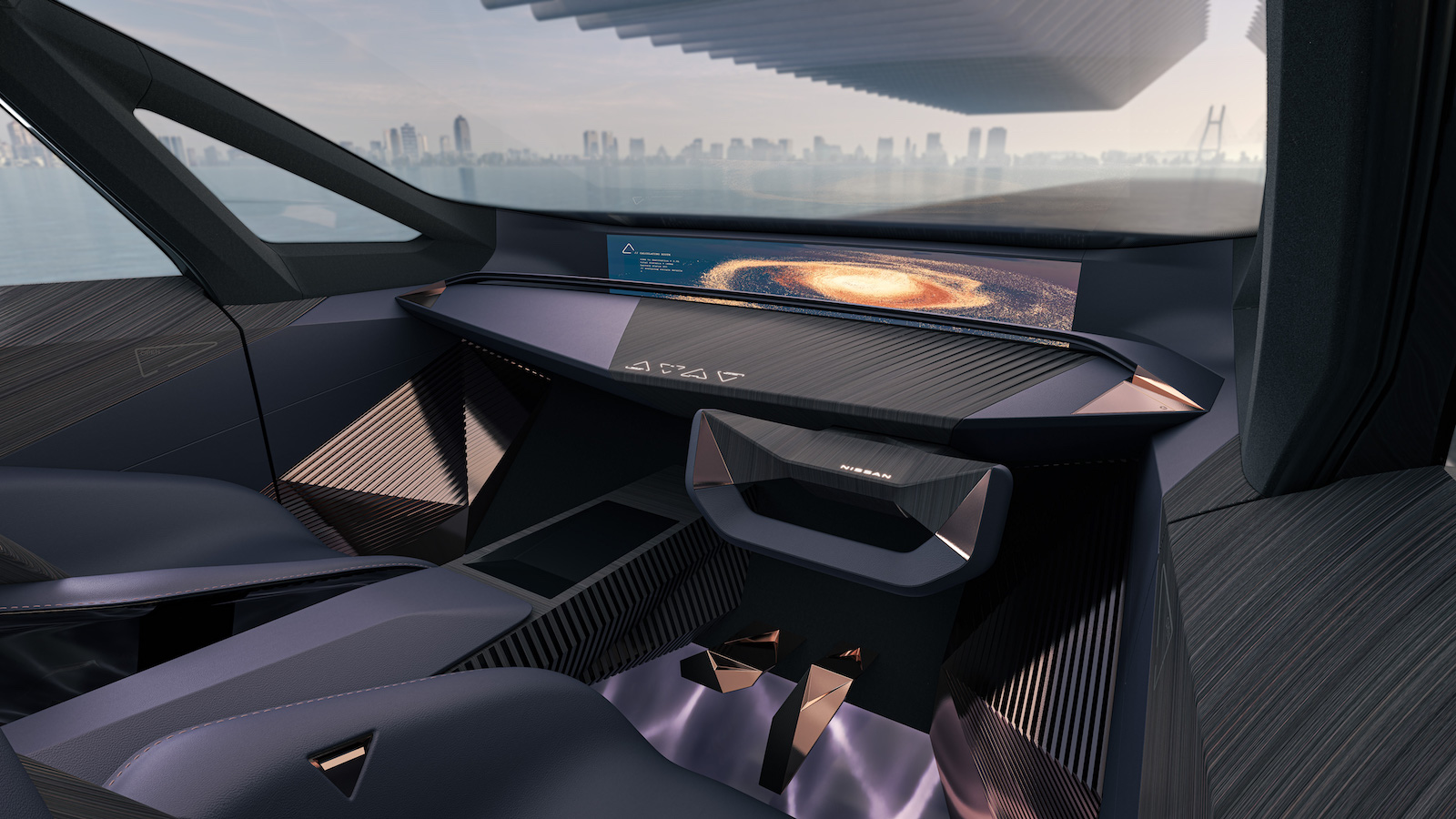
While not generating a lot of support, automakers are still looking to have autonomous tech in the future, like Nissan’s Hyper Tourer, which can be switched to full autonomous mode.
What’s coming
Despite having no firm government approval — or consistent set of regulations for that matter — for autonomous vehicles, plenty of people believe they’re coming and much like electric vehicles, the adoption by the mainstream will be slow.
McKinsey & Co, a global consulting and management company, anticipates by 2030, just 12% of new passenger vehicles will be sold with advanced auto-drive technologies installed. While this number will increase rapidly to 37% of new passenger vehicles by 2035, according to McKinsey’s projections, self-driving cars will still make up a relatively small percentage of all passenger vehicles sold.
Those surveyed support that with 51% of consumers saying they are very unlikely or somewhat unlikely to own or use a self-driving vehicle in the next five years. The case gets tougher if automakers expect consumers to pay for that technology, as 71% say, “No thanks,” if it costs more than $5,000, as McKinsey’s estimates suggest.

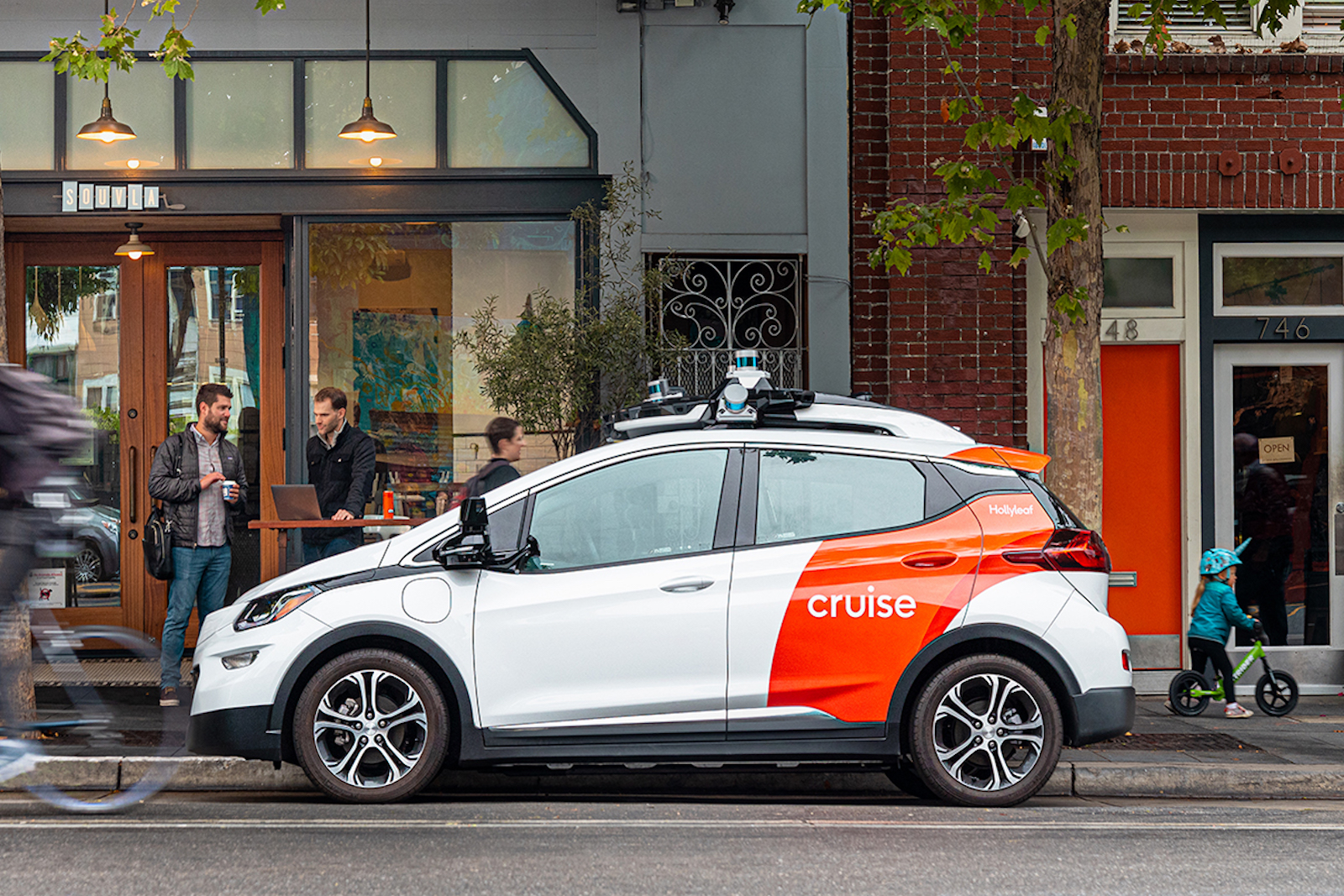
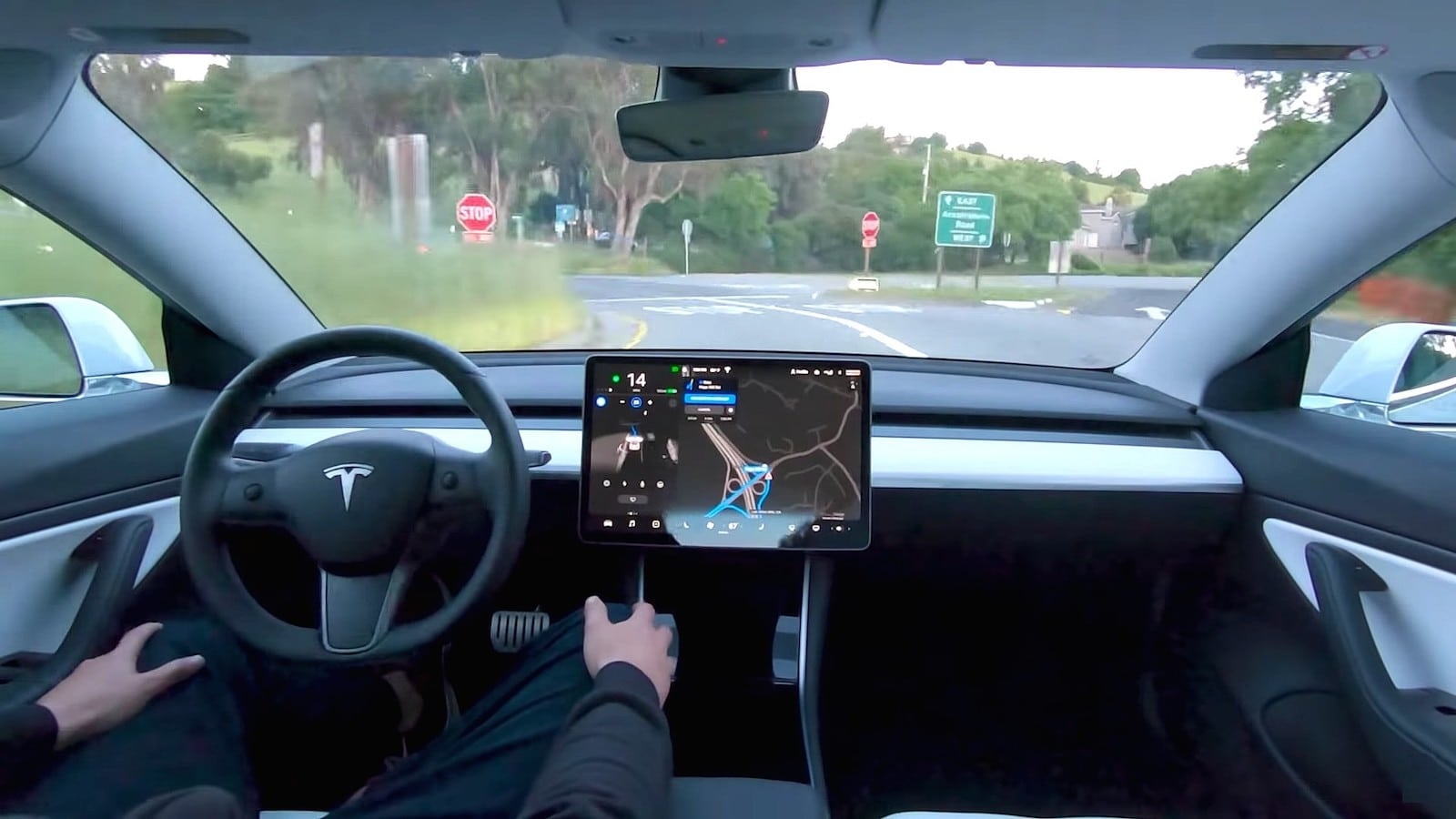
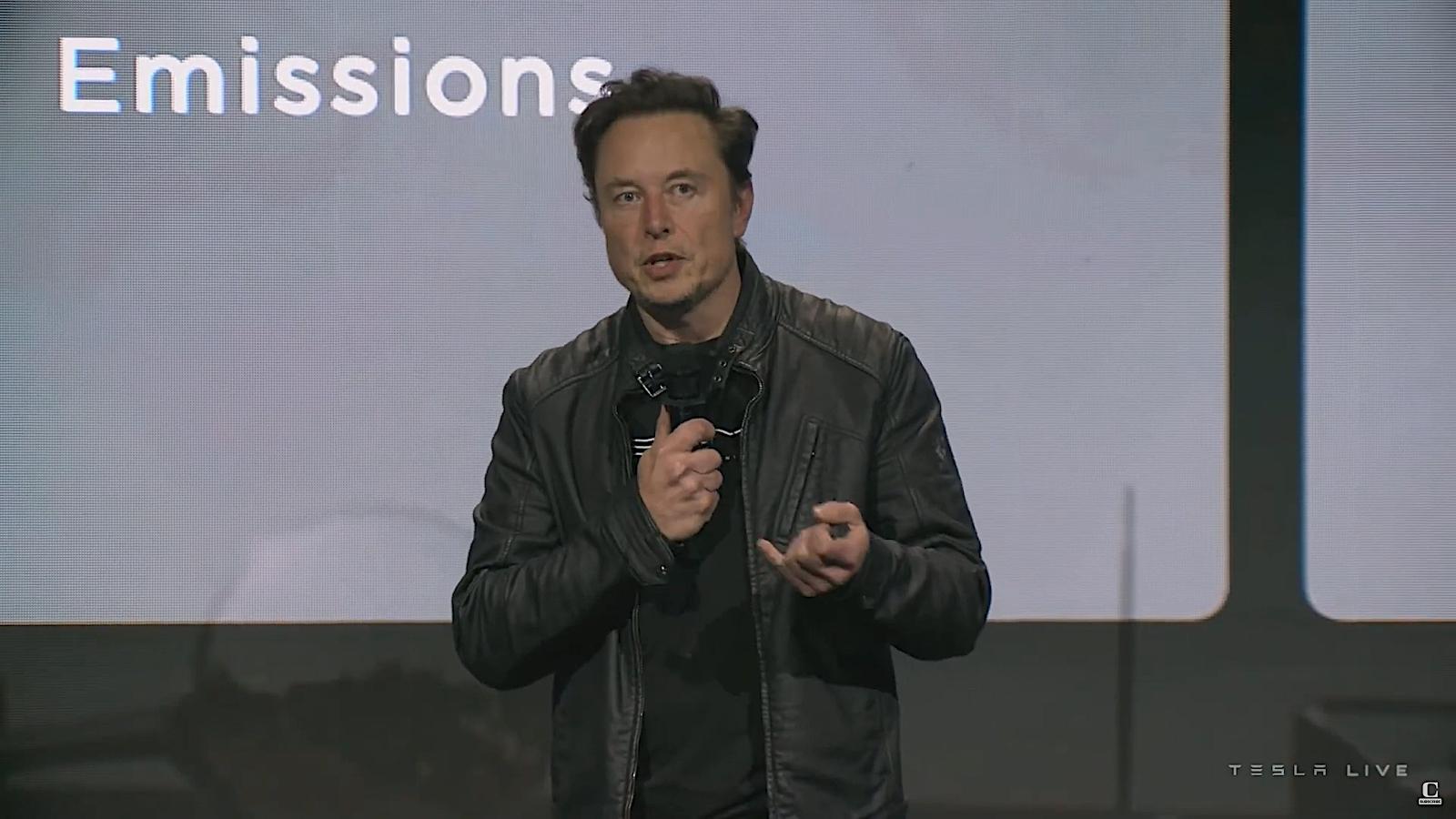
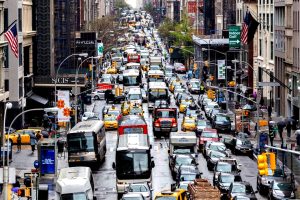
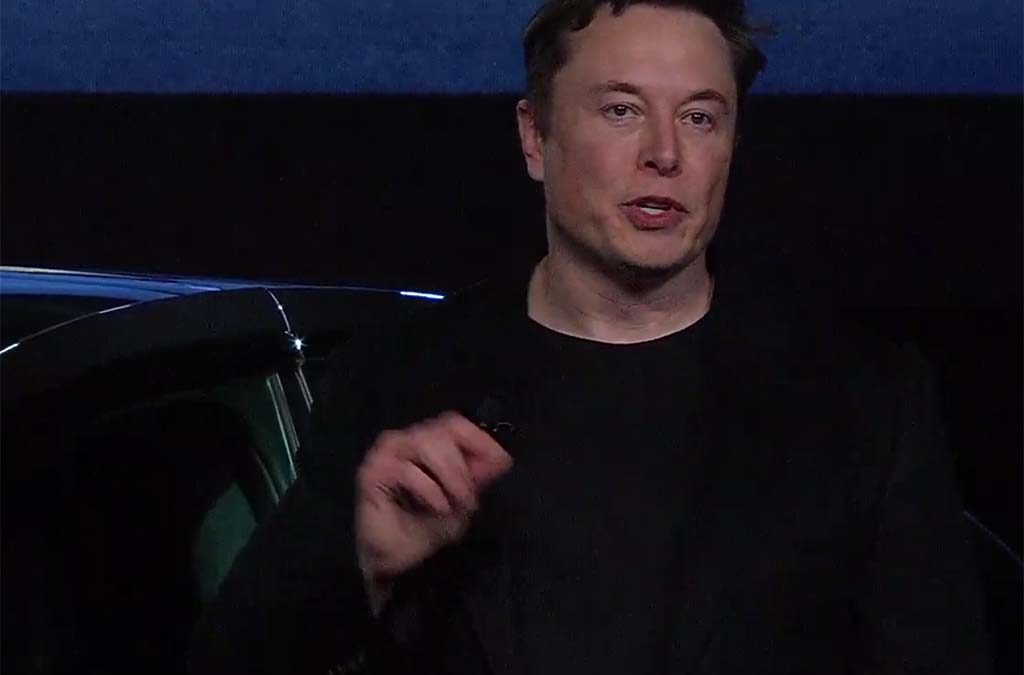
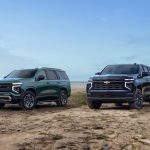
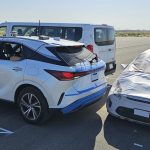
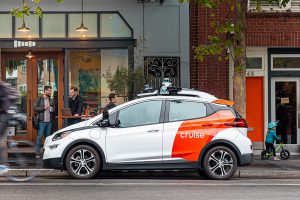
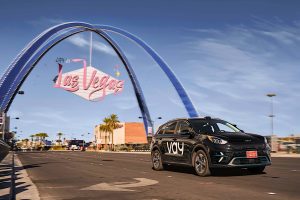


0 Comments